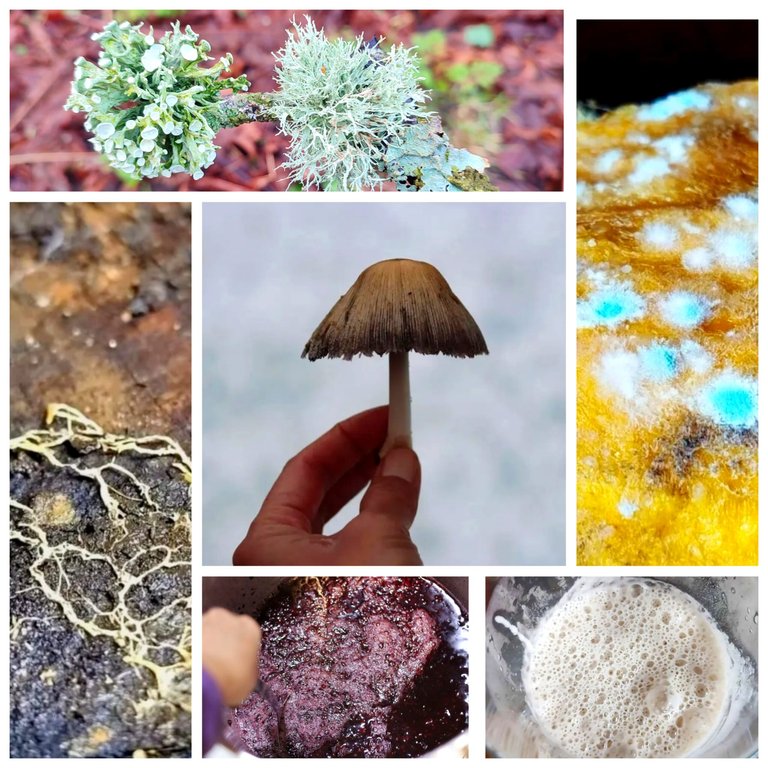
Fungi are some of the most fascinating organisms out there. They’re not plants, not animals, and certainly not boring! They entice us all to learn more about them.
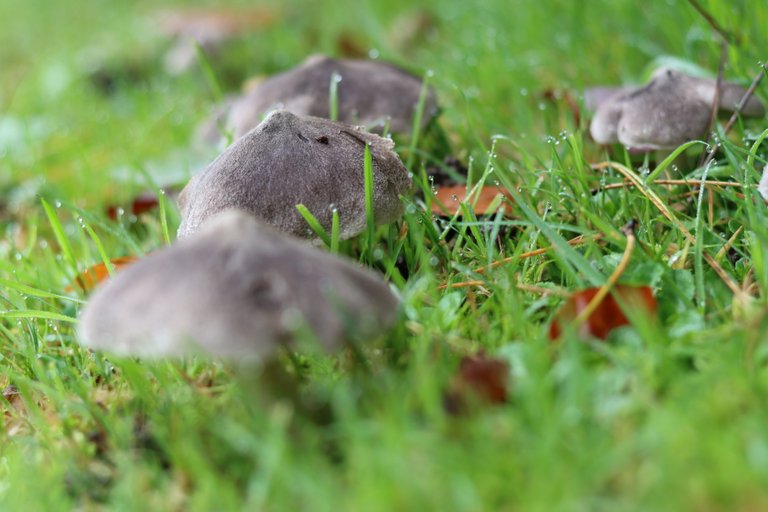
From the mushrooms popping up after a rainy day to the invisible networks of mycelium under our feet, even on icy days, they quietly work away, keeping nature in balance and adding a bit of magic to the world.
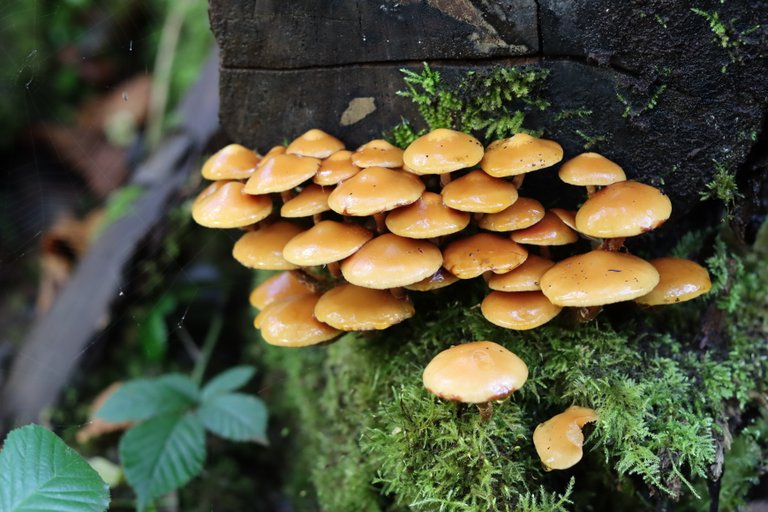
Fungi are a world of their own. They don’t make their own food like plants but instead break things down—wood, leaves, or even dead animals—and absorb the nutrients. Basically, fungi are nature’s cleaners and recyclers.
There are so many types of fungi, but here are the main ones:
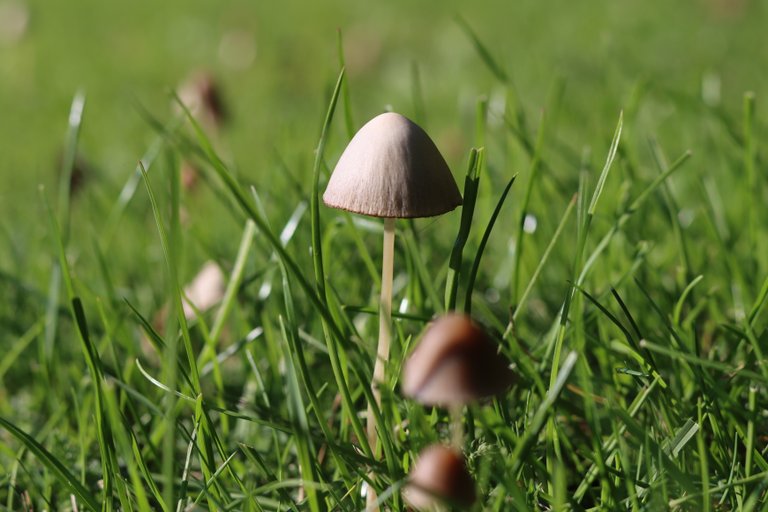
Mushrooms: The part we see above ground, popping up to release spores.
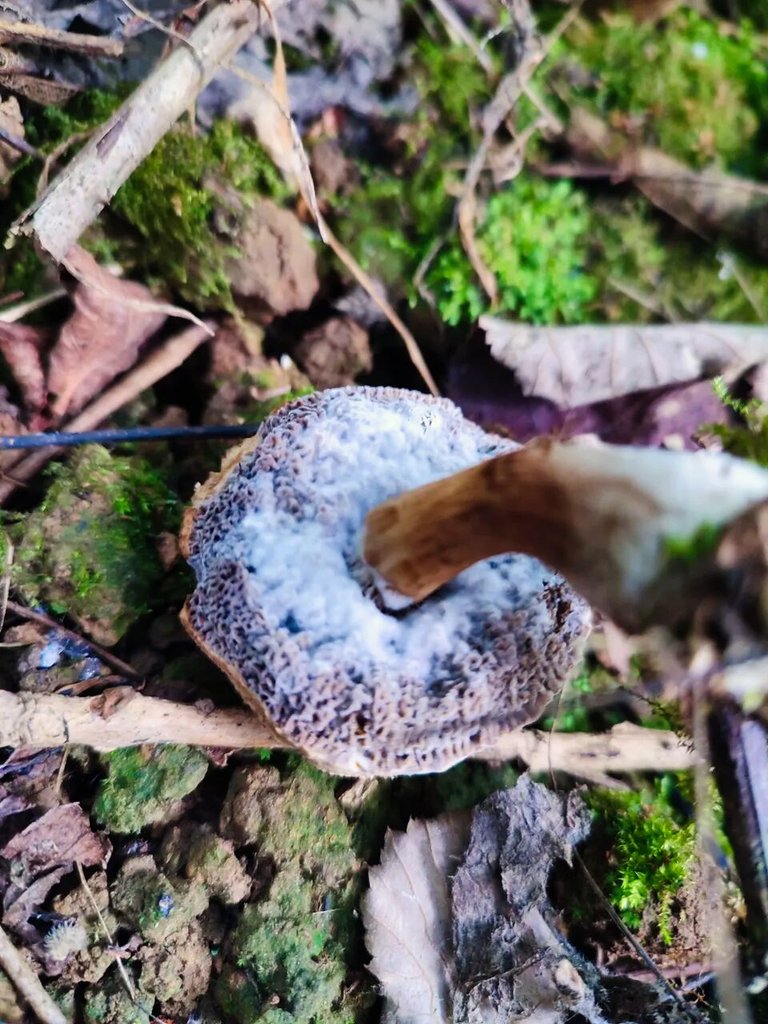
(see those white spores, fungi’s version of seeds).
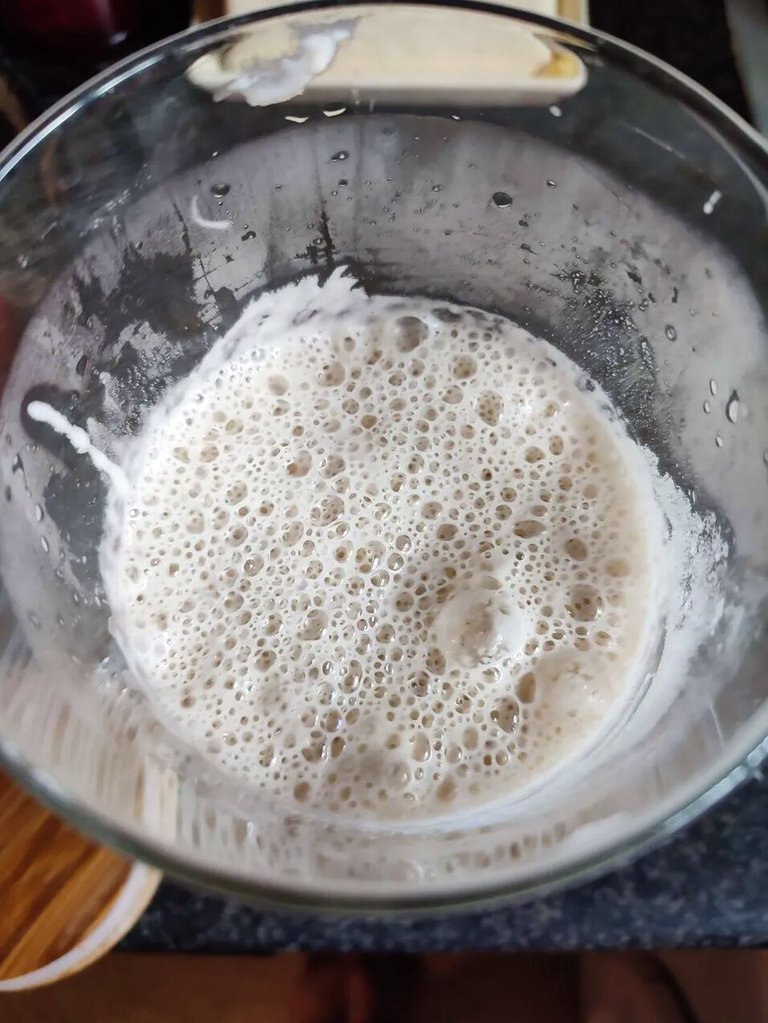
Yeasts: Single-celled fungi that help us bake bread and brew wine.
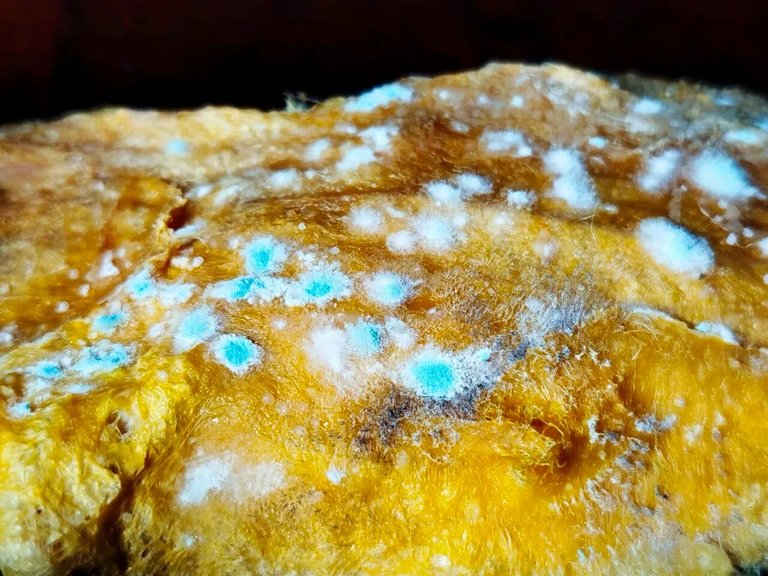
Moulds: The fuzzy stuff that grows on forgotten fruit.
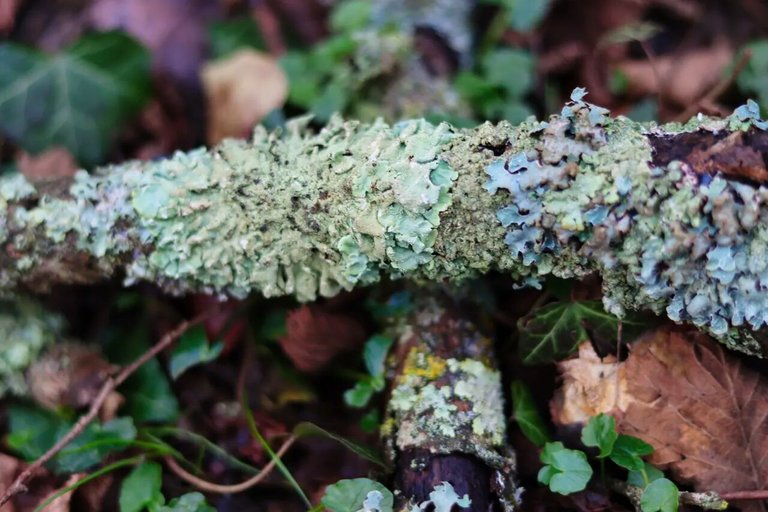
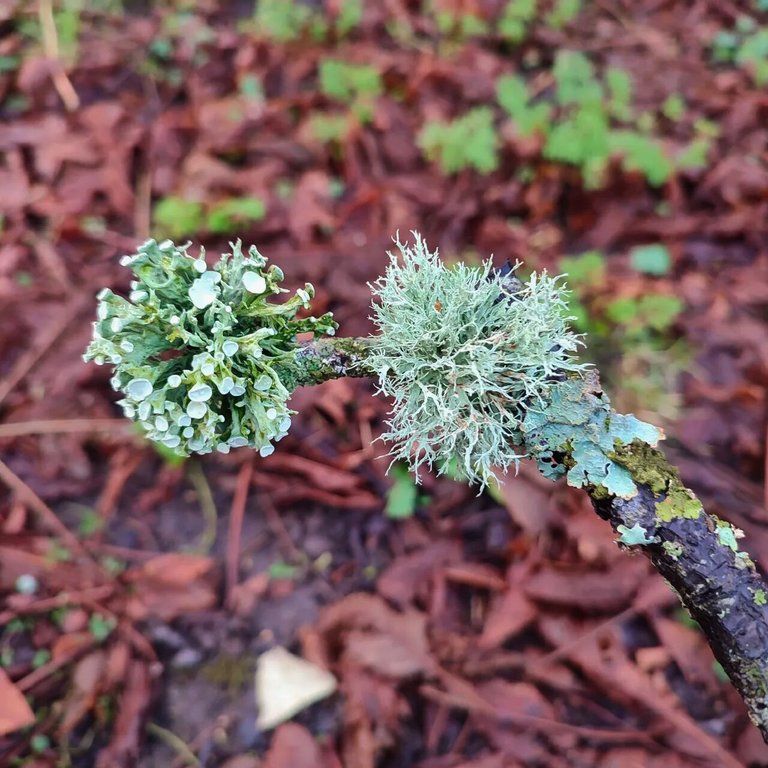
Lichens: Fungi teaming up with algae or bacteria to survive in places like rocks or tree bark.
How Fungi Work 🍄
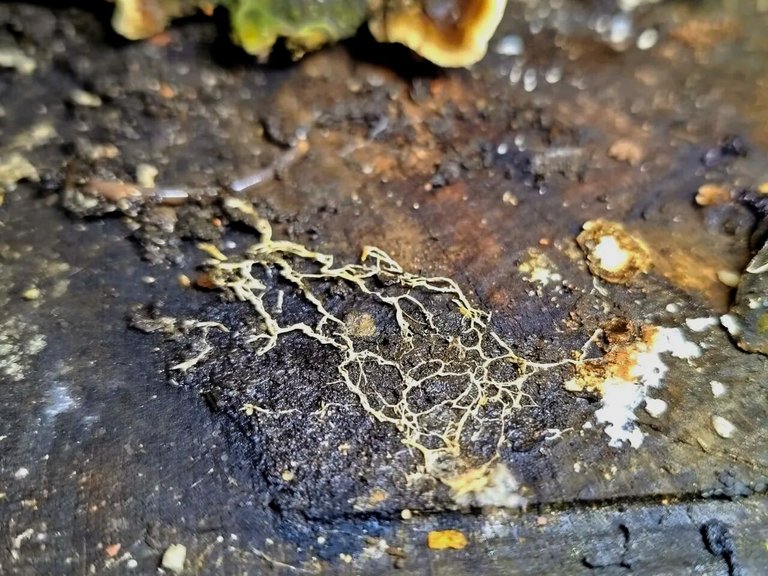
The real action happens underground or inside their food source, where fungi grow a web of tiny threads called mycelium.
These threads stretch out, finding food and breaking it down.
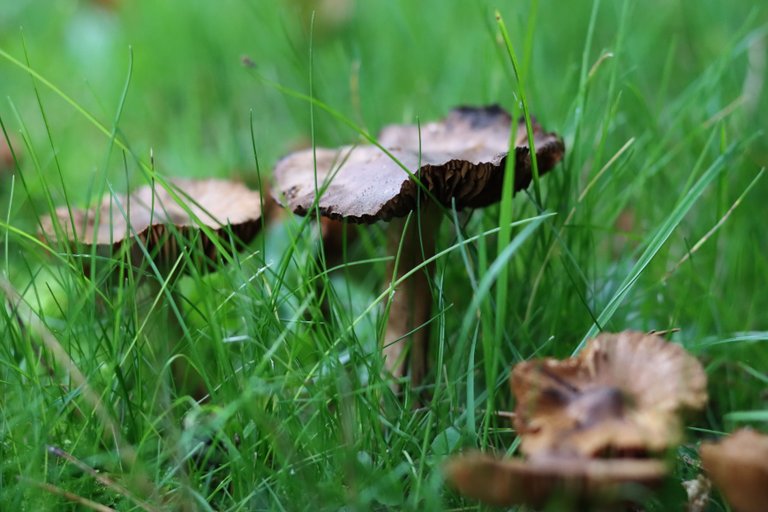
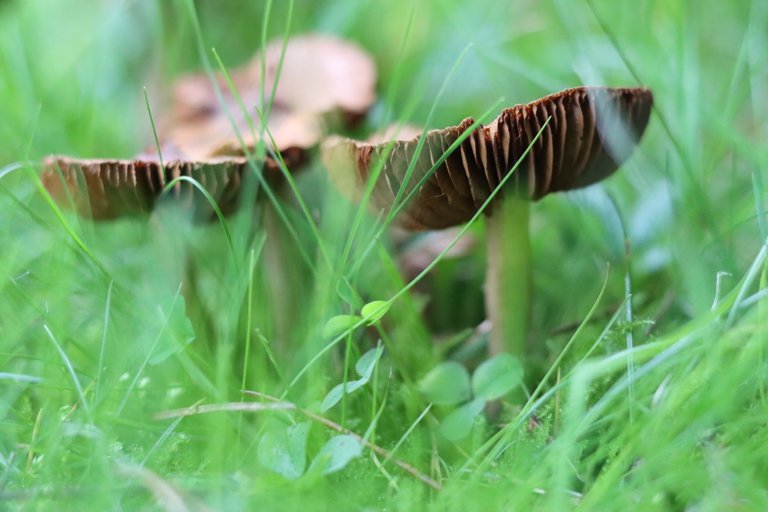
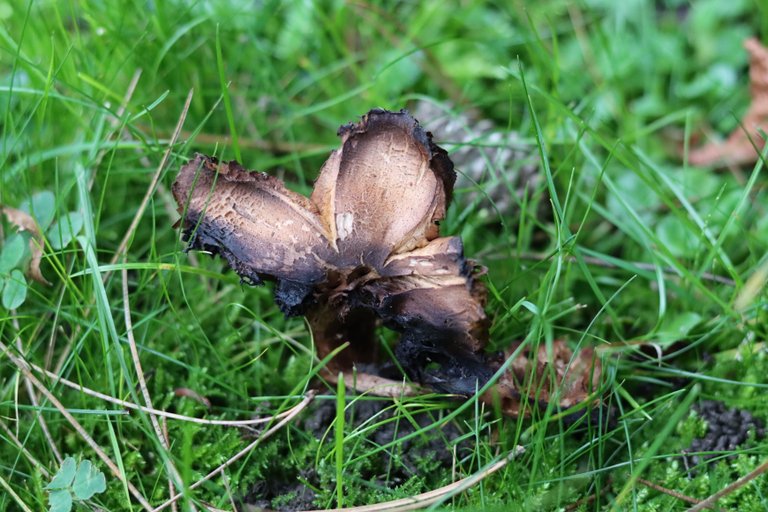
When the time is right, fungi produce mushrooms to spread their spores and keep the cycle going.
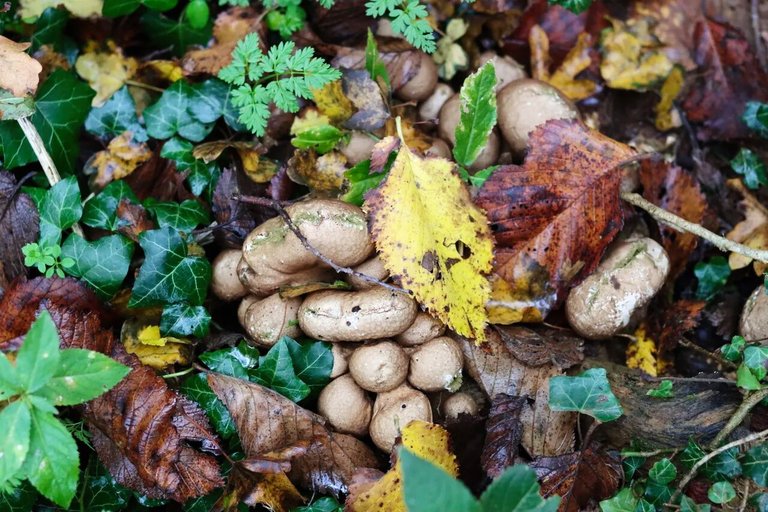
Fungi are tough little things with cell walls made of chitin—the same stuff that makes crab shells hard!
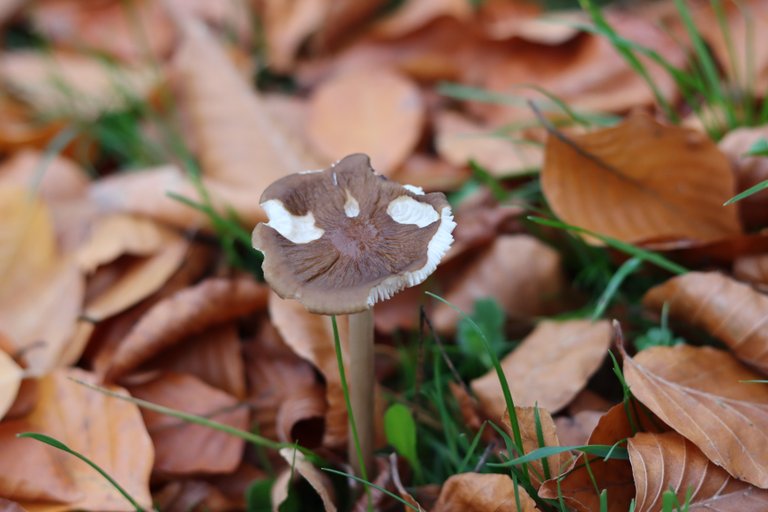
Some fungi do use camouflage! While fungi don’t actively hide like animals might, their colours, shapes, and textures can help them blend into their surroundings. How clever!
Why Fungi Are Important 🍄
Fungi are like the quiet heroes of nature. They break down dead plants and animals, recycling nutrients back into the soil so everything can grow again.
They also love a good partnership:
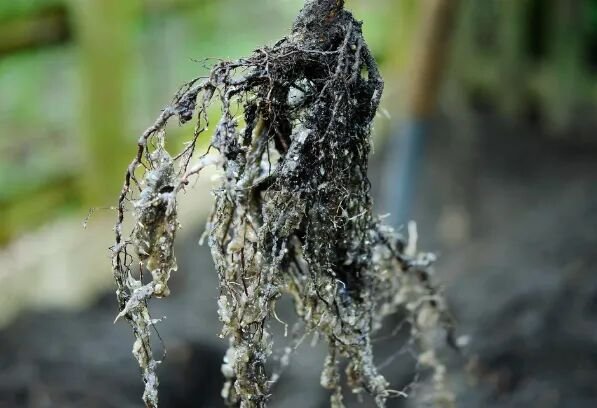
Mycorrrhizae
Fungi team up with plant roots to help them soak up water and nutrients in exchange for sugars.
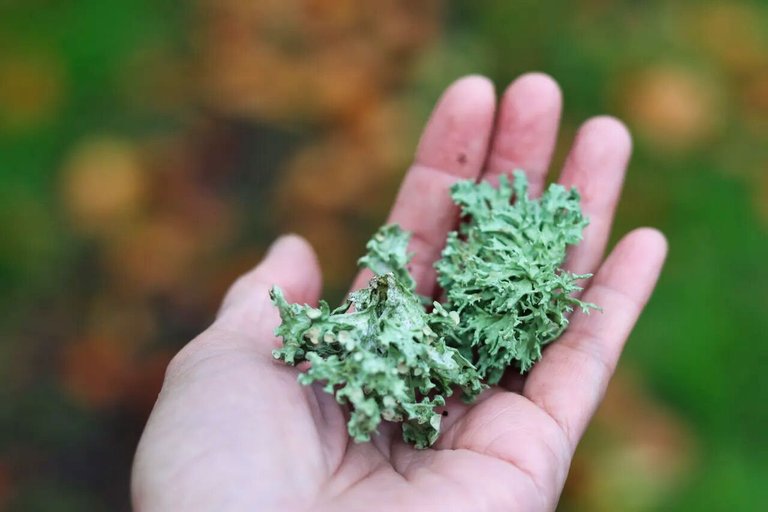
Lichens: A clever combo of fungi and algae that thrive in harsh environments.
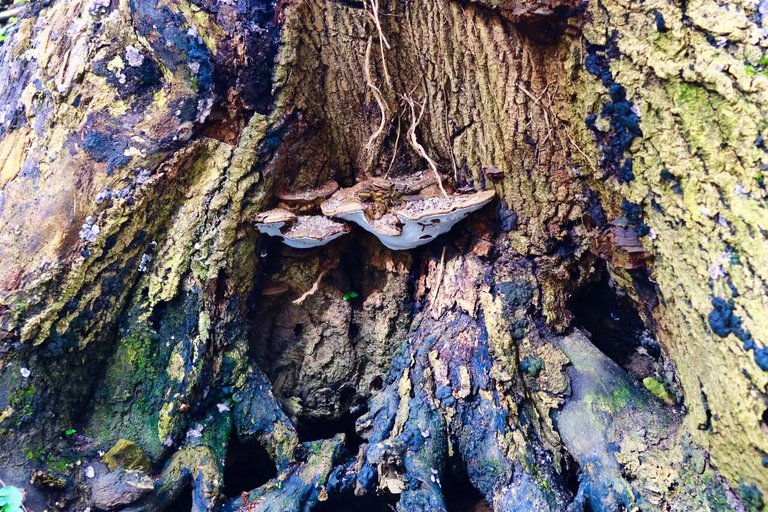
Of course, not all fungi are helpful—some cause plant diseases or infections—but on the whole, they’re essential.
Fungi in Everyday Life 🍄
We actually use fungi more than we realise. They’re in:
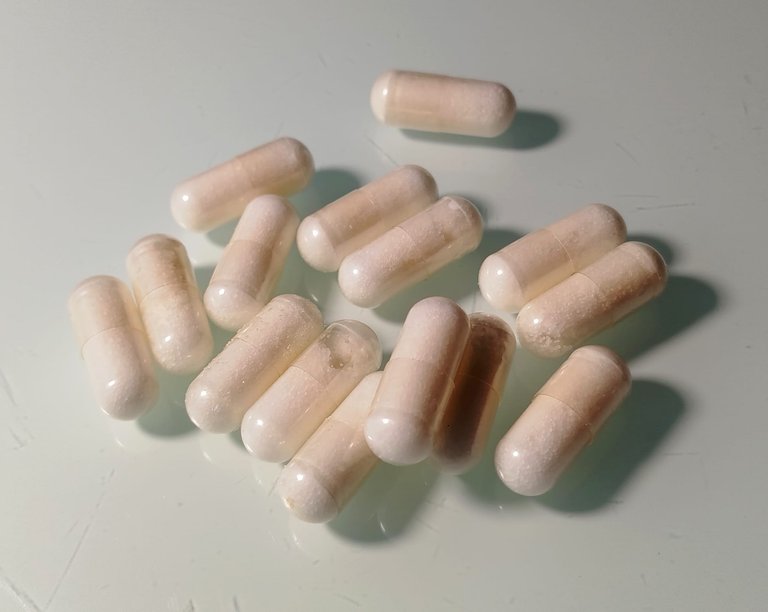
Medicine: Penicillin, one of the first antibiotics, comes from fungi.
Food: Yeast makes bread rise and helps ferment wine and beer.
Biodegradation of plastics and rubber by fungi
Nature and science: Fungi clean up the environment, make enzymes, and even help with new tech like biodegradable materials.
Fungi Are Just Cool
Some fungi glow in the dark—fairy magic, anyone? I have not encountered one yet.
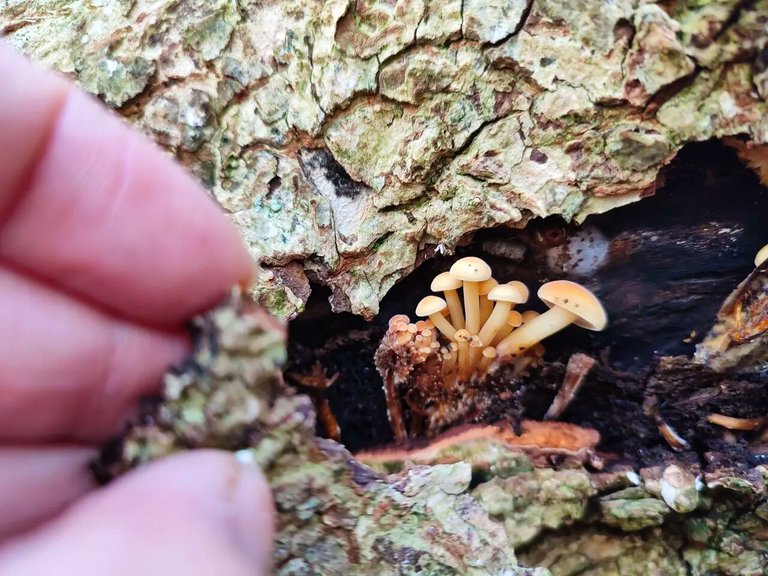
They can survive in crazy places.
We’ve only scratched the surface—scientists believe there are millions of fungi species we’ve yet to discover.
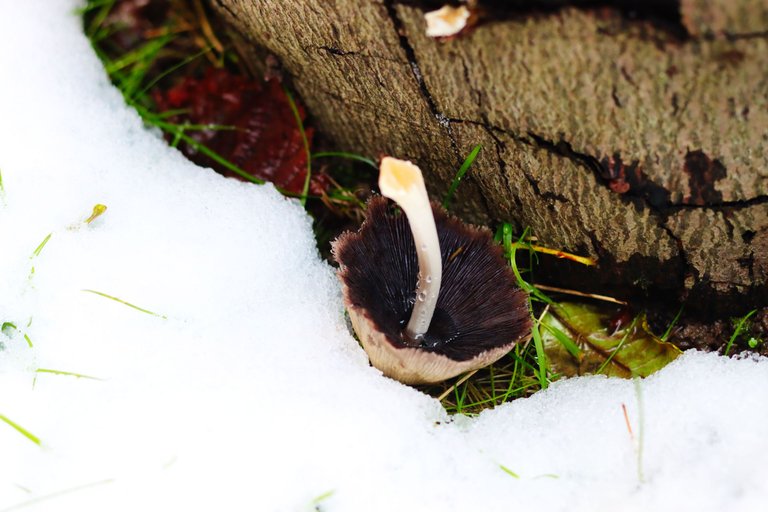
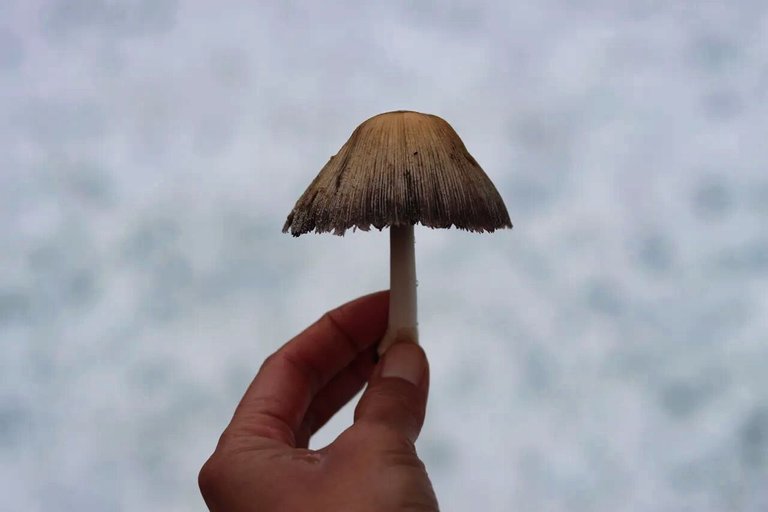
Fungi might not get as much attention as plants or animals, but they’re absolutely amazing.
They recycle, and they support plants. They help us fight infections.
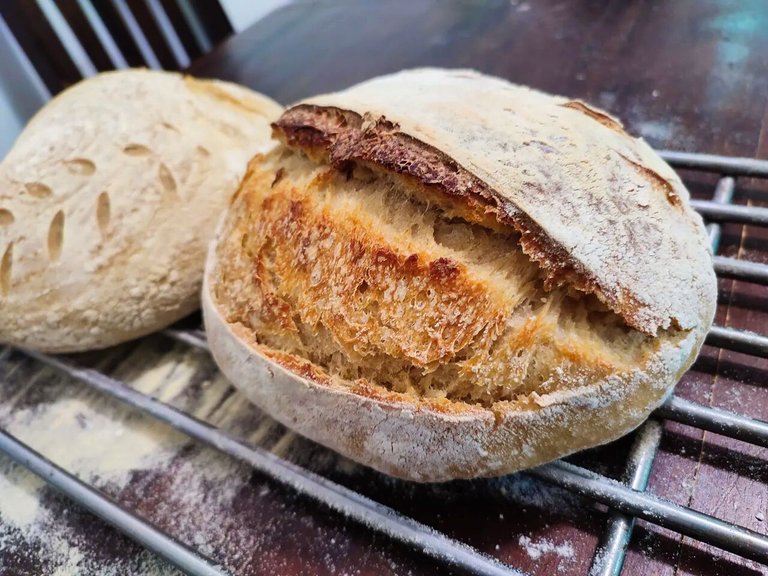
They even help us bake bread!
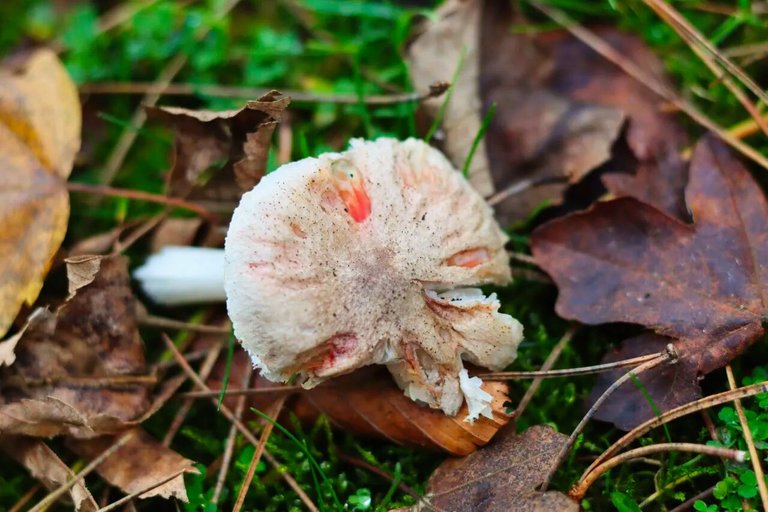
We have to appreciate the secret world of fungi working hard beneath our feet.
My share to @fungifriday by @ewkaw and to all fungi friends.
Have a lovely day, everyone!
Mariah! 💗😊
All photos are copyrighted theworldaroundme. They were taken during my fungi hunt, mostly around December and today!
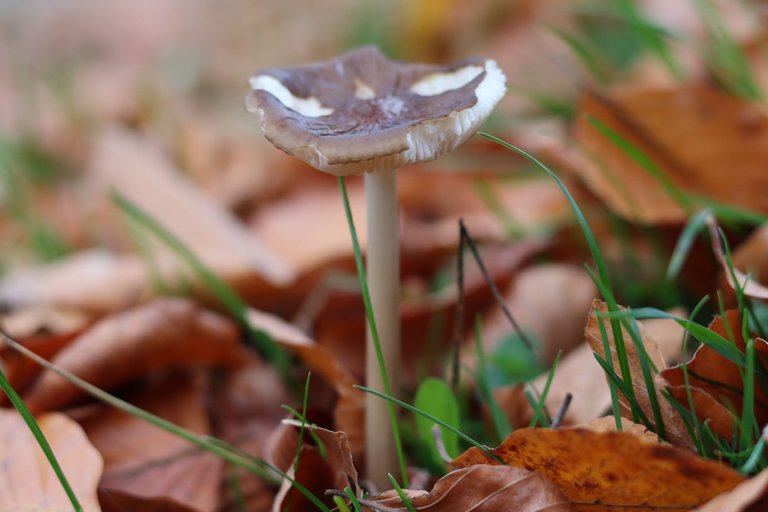
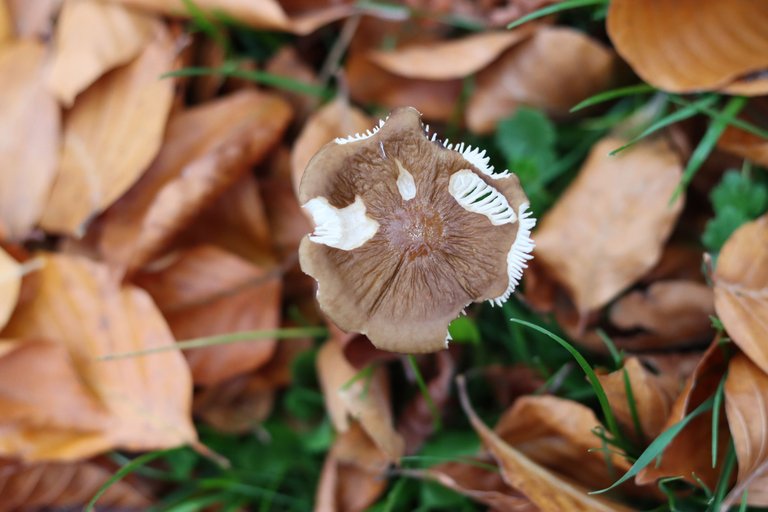
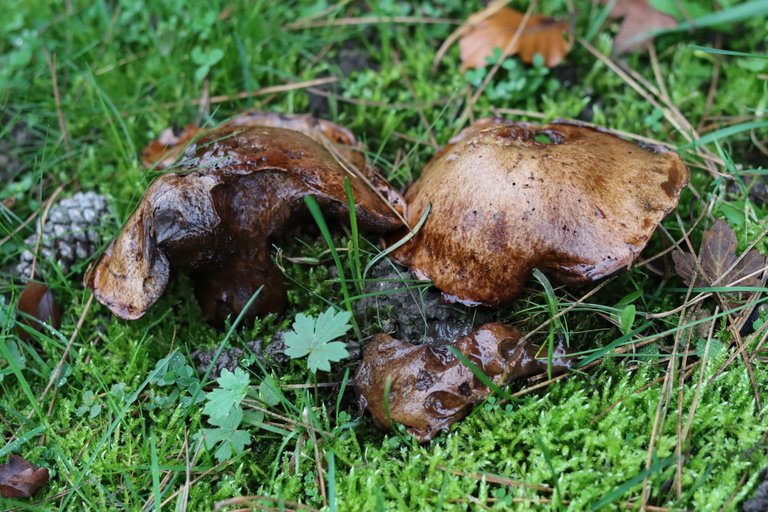
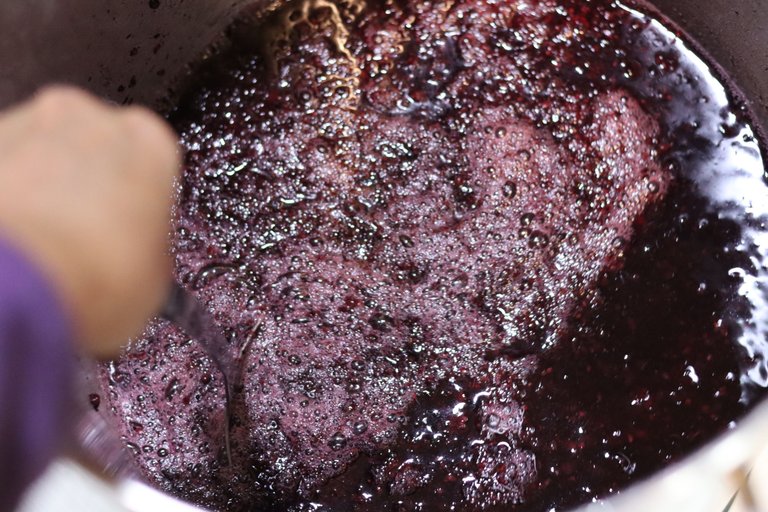
The rewards earned on this comment will go directly to the people( @theworldaroundme ) sharing the post on Reddit as long as they are registered with @poshtoken. Sign up at https://hiveposh.com. Otherwise, rewards go to the author of the blog post.
I'm curious about the taste?
Which? If the bread, wild yeast makes a tasty sourdough bread, and wine is good too!
Yeah right, bread
Firstly, you are a great photographer. Love all the photos because you captured them in their real natural colors. Don't know how you found so many different fungus everytime but all of them are truly amazing! :)
 Follow Eceny's curation trail to earn better APR on your own HP. : )
Follow Eceny's curation trail to earn better APR on your own HP. : )
Sending Love and Ecency Curation Vote!
Thank you @untilwelearn for the lovely feedback, much appreciated. :)